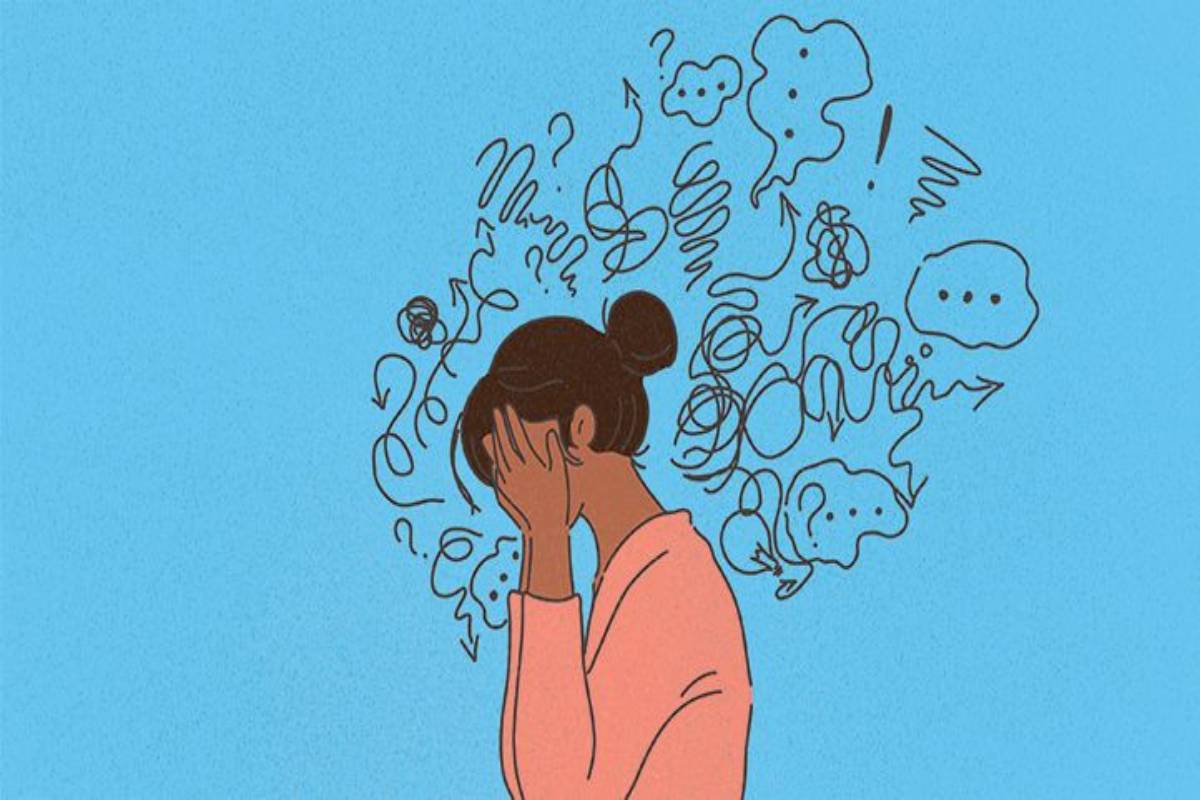Experts have warned against the alarming rate at which the mental ailments are rising in India, especially stress related common mental disorders, that is, depression and anxiety disorders.
They were sharing their thoughts in the two-day long annual conference of Indian Railway Psychiatrists (IRPSYCON-2022) organised by the Scientific Society of Healthcare Professionals (SSHCP) of Central Hospital, North Western Railway here. The conference concluded on Sunday.
Advertisement
The theme of the conference was – ‘The Practice of Industrial Psychiatry in Indian Railways: Emerging Challenges in Rapidly Changing Occupational Scenario.’
“Let’s revise, review, restructure and rationalize our knowledge, attitude, behaviour and practice, which is not only essential in present circumstances but also to improve the health outcome of patients,” said Dr Ram Matoria, Organizing Secretary of the conference.
As per the National Mental Health Survey-2015-16 (NMHS-2015-16), nearly 15 per cent of Indian adults are in need of active interventions for one or more mental health issues, said experts.
“The mental disorder can involve emergencies or protracted illness, be subclinical or fully blown disorders, and are most often unrecognized due to neglect by individuals, lack of objective procedures or deficient services including lack of trained mental health professionals to screen and diagnose the mental illnesses in time,” said Dr P K Samataray, PCMD of NWR.
These issues, which may have ominous impact upon the work force in any industrial scenario, can be dealt with add-on of appropriate neuropsychological evaluation component in Pre-placement Medical Examination of candidates and Periodical Medical Examination of Employees in Railways setting, added Dr Samataray.
When asked why mental health matters in the railway’s occupational scenario, Dr Prasanna Kumar, DGRHS, said that Indian Railways (IR) are the backbone of passenger and freight transportation systems in the country.
He said that train operation at higher speed necessitates attentiveness, alertness and ability to respond aptly with precision and promptness for taking prudent decisions under the dynamic situation of train driving.
“Proficiency and competence of locomotive drivers, their acumen and expertise to formulate strategies for dealing with the varying situations associated with operation of trains involve manifestation of specific cognitive, psychomotor and behavioural abilities,” informed Dr Kumar.











